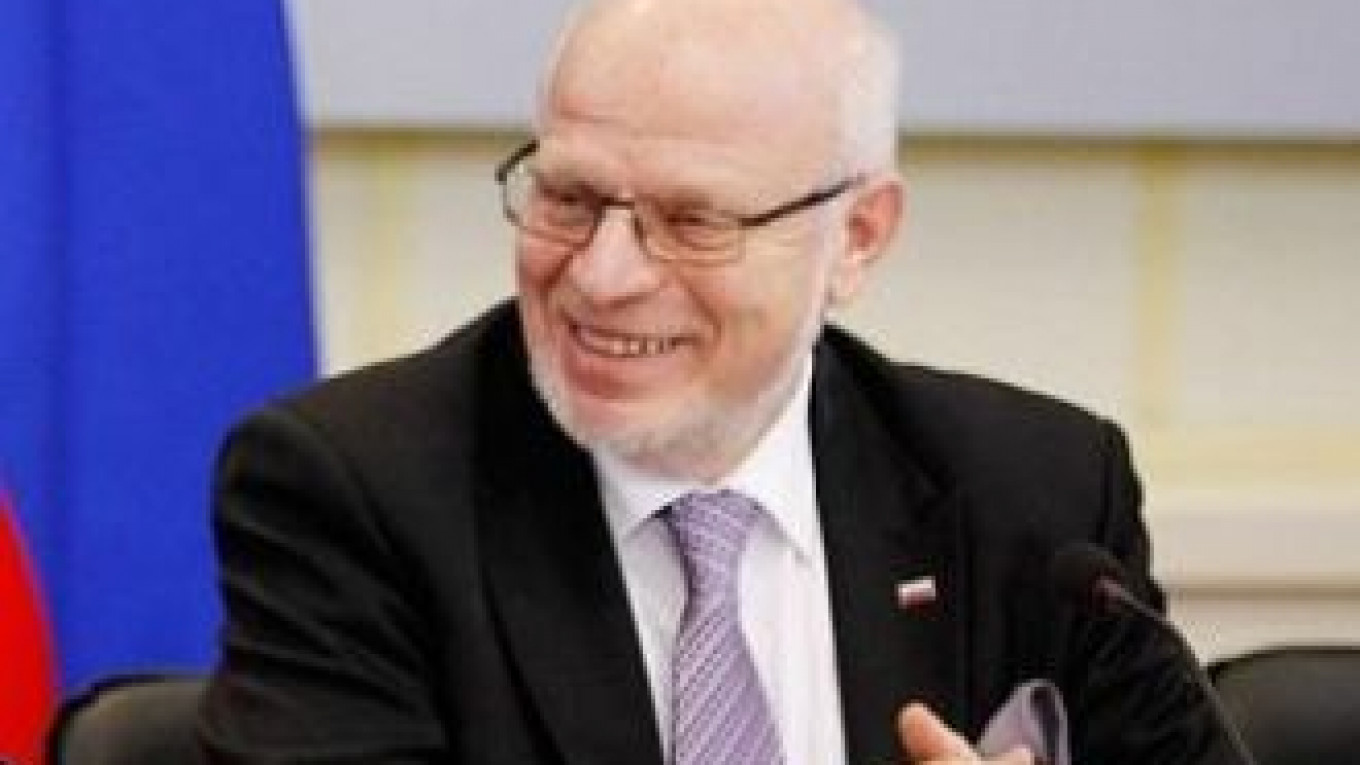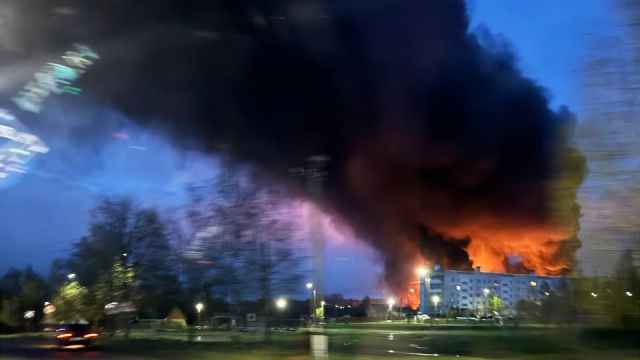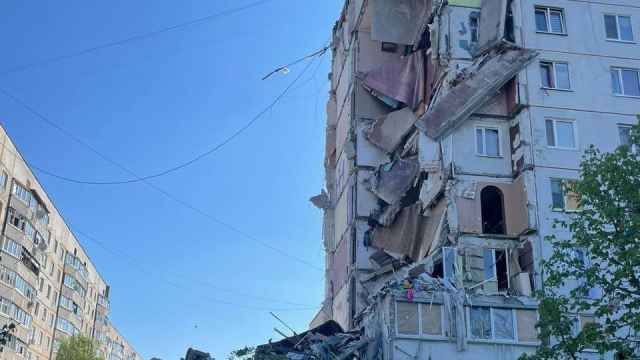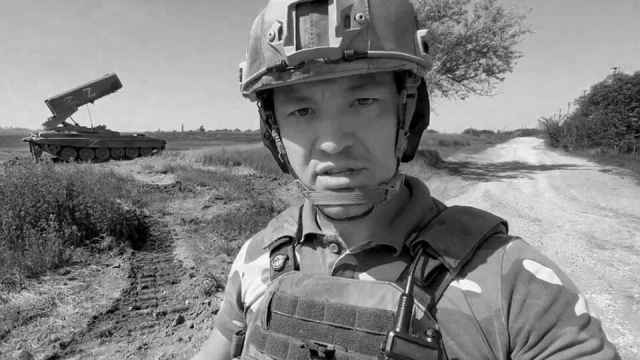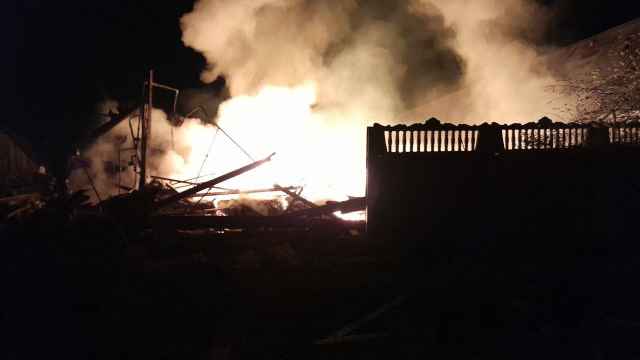A United Russia lawmaker has announced a bill that would ban the media from disclosing the ethnic backgrounds of suspects, victims and others when covering crimes and trials in what he calls an attempt to reduce racial violence.
Such a ban would reduce ethnic tension, State Duma Deputy Shamsail Saraliyev told Izvestia in an interview Friday.
"Every day, the media report 'Two Chechens killed a Russian; an Armenian attacked a Russian.' Why is there such an emphasis on ethnicity?" he said.
Saraliyev, who served as press and information minister in his native Chechnya before being elected to the Duma in December, argued that this provokes ethnic conflict.
"There are no bad nationalities," he said.
He said he would discuss the plan with voters before submitting a bill in the fall, but he predicted that 82 percent of the population of the North Caucasus would support it.
Experts rejected the initiative, saying that while a problem exists, it would be wrong to try to resolve it by stifling speech.
Indeed, police investigators often describe suspects as having a "Caucasus appearance."
Mikhail Fedotov, head of the Kremlin's human rights council and co-author of the country's media law, said the issue of whether news reports foment ethnic tensions should be addressed by the media industry, not the state.
"This is a matter for self-regulation and should be solved by the journalists themselves," he said by phone.
Fedotov said that while some media organizations have ethical deficiencies, others have addressed them.
As an example, he pointed to RIA-Novosti's code of ethics, excerpts of which are on the state news agency's website.
Natalya Yudina, of the Sova Center, a think tank that tracks racism and migrants' rights, said the state could do better than introducing a media ban.
"It would be much more effective if they gave some support for organizations like us," she said.
Yudina said Sova, which is registered as a nonprofit organization, currently gets no government grants and relies mostly on foreign funding.
Under a law that will come into force this fall, NGOs with foreign income will have to register as "foreign agents" if their activities are deemed political.
Saraliyev's initiative is not the first of its kind. In 2006, the United Russia-dominated Moscow City Duma pressed for a similar bill following ethnic rioting in the Karelian town of Kondopoga.
But the legislation was dropped after opposition from the Public Chamber and United Russia.



